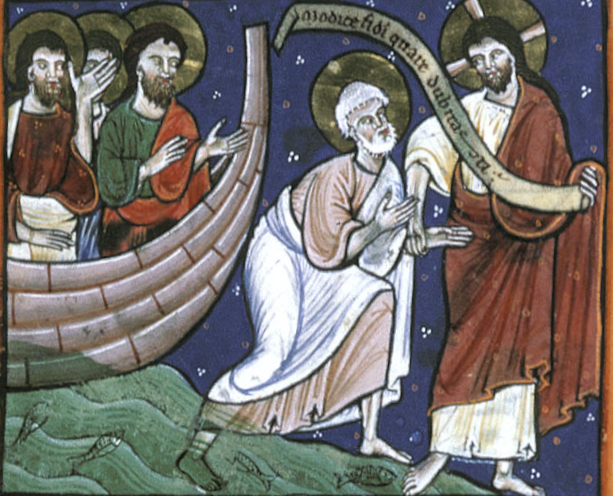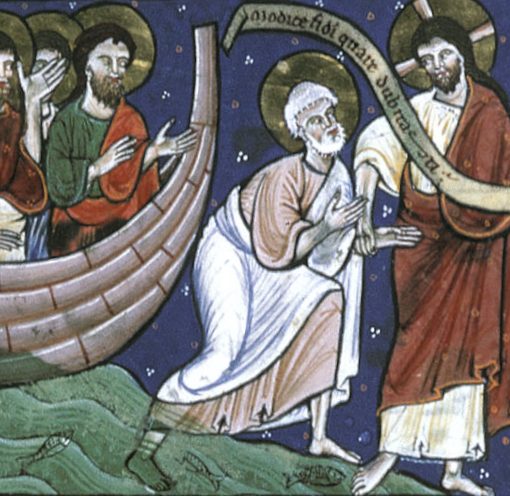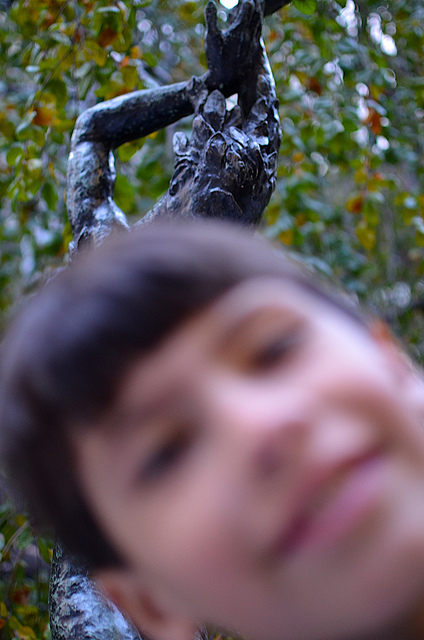This is an entry in the “Acrostic Contemplations.”
My daughter and I were walking through the terminal to our gate and I was thinking, as I always do, that perhaps I needed a snack. [mfn]We were on our way to the US Grand Prix in Austin, Texas.[/mfn] I suddenly stopped, looked up and around and asked, “What airport are we in?” Every airport I have ever been in, and it is dozens in various countries by this stage of my life, usually decorate in a way to give the visitor a sense of the place through which they are traversing. They welcome you to the “Motor City” or the “Home of the Blues.” Yet they are still airports and share the wide, bright hallways, large windows, with the tarmac and planes moving about outside. After all, you aren’t really in “The Nation’s Capital” you are about 27 miles from Capital Hill in Sterling, Virginia. Where you are, is in an airport, a place of inherent transience.
I have gone through different periods of my life with respect to my sense of place. As a child, my home, as problematic as it was, was not a place of violence or deprivation, it was a refuge. I knew that I would be safe, loved, and cared for there. But then I was ready to go away to college. The transition came with anxiety and uncertainty, and a fair amount of depression, but I knew my parents house was no longer a place of remaining. It was still safe and a place of caring, yet I could not stay there.

For a time I did not really think much about where my home was, where I would make permanent harbor. Wherever I was, I dropped anchor and that was fine. This was especially true after E and I got married. We were happy, thrilled!, to get word just days after our wedding that we had an opportunity to move to Oxford, England. But as the time of my doctoral program drew to a close, I knew we had to pull up the anchor and move on. Again, New Orleans seemed good enough, even though the climate and geography was not what we were used to and so we began to yearn for trees and hills. State College, Pennsylvania seemed to bring all of that together, along with a wonderful setting for the kids to grow up. Then I entered a wandering phase that I am still in, at least for a little while. I am anchored with an excellent job, a very nice home, and all of us living together, but we are not in the harbor. Or I do not yet know if this is a harbor for the long term or if I am simply anchored just off the coast.
It is the difference between feeling unfettered rather than unmoored, to mix my metaphors. If you are unmoored, you are at risk of being pushed around by the currents, blown about by wind and wave. When you are unfettered, you are free to run about, to chase after your interests and dreams. Yet being moored is security and safety, while being fettered is being imprisoned and constrained. The difference is often one of perspective.
Do I like where I am and the bonds that hold me? Is the job, community, climate, and geography to my liking? Does it inspire and excite me? Then I am moored, safe and secure. Is the context one of uncertainty, fear, and anxiety and yet I cannot leave? I am bound, fettered, and trapped. Sometimes, that perspective is simply that, how I look at my situation and it is something that I can choose to change, I can shift my gaze to appreciate all that I have and be grateful. Other times, the situation may seem untenable and I need to “look for the exits.”
We determine which it is, harbor or hindrance, through prayer and discernment and, as I read earlier today, prayer is more about listening than talking. Sometimes the answer to prayer, even in difficult and confining circumstances, can be surprising. God told the exiles in Babylon (Jer. 29:4-7) to settle down, build a home, grow your family, and pray for the peace and prosperity of that place where you find yourself. We may be in-between, but wherever we are, God is present.




